By Kim Allonce
From – https://haitiantimes.com/
Reprinted – by Texas Metro News

Reflecting on my upbringing in Bel-Air two decades ago, memories resurface of Haiti amidst yet another socio-political upheaval. In 2004, Bel-Air epitomized what was then dubbed as Rat Pa Kaka (RPK) – a term synonymous with armed youths instilling fear at whim. What Haiti grapples with today isn’t novel; it’s the culmination of decades of social disparity and unfulfilled pledges from a democracy that has consistently faltered to serve its populace.
Since the Duvaliers’ era, Haiti has yearned for governance that genuinely prioritizes its citizens. However, elected officials have repeatedly undermined democracy, weakening institutions meant to serve the Haitian people. Whether through dodging elections or creating insurmountable obstacles for voters, political figures have plunged Haiti’s democratic framework into disarray, underscoring the urgent need for authentic citizen engagement.
Presently, Haiti’s democratic woes present an opening for citizens to explore alternative governance models to tackle critical issues. For years, the prospect of a national dialogue has beckoned as the only viable route to salvage Haiti. The debate isn’t whether such a dialogue is necessary, but rather who should participate, its structure, and its agenda. Implementing a dialogue that respects every citizen, addresses pressing issues, and charts a transformative course for Haiti is the paramount challenge.
While daunting, deliberative democracy emerges as a promising avenue. Deliberation entails citizens engaging in meaningful discourse to grapple with complex issues and forge shared solutions. In Haiti, a Citizen’s Assembly stands as an inclusive platform to establish a new social contract grounded in justice and prosperity.
Citizen assemblies, composed of individuals chosen through random selection, foster informed deliberations and decision-making on diverse issues. They epitomize participatory democracy, ensuring fairness, transparency, and inclusivity. More than 70% of participants in recent deliberative sessions within the Haitian diaspora advocate for an all-inclusive dialogue.
This inclusive approach gives voice to marginalized groups, ensuring their concerns aren’t overlooked. Research by the Coalition for Inclusive Dialogue underscores the necessity of ensuring an equitable process that encourages sustained engagement. By leveraging a lottery system for participant selection, the dialogue guarantees broad representation, fostering better decision-making outcomes.
Moreover, participants gain insights into Haiti’s challenges by objectively analyzing facts and stakeholder perspectives. A citizen’s assembly enables Haitians to evaluate political decisions’ pros and cons, bolstering legitimacy as decisions reflect the nation’s diverse views. It builds trust, as decisions by representative Haitians garner greater acceptance.
Kim Allonce, who earned his doctoral degree in Public Affairs from the University of Central Florida, specializes in citizen participation, public deliberation, and social capital. His dissertation, focusing on public deliberation and social capital in Haiti, led to a participant-generated framework for inclusive dialogue.

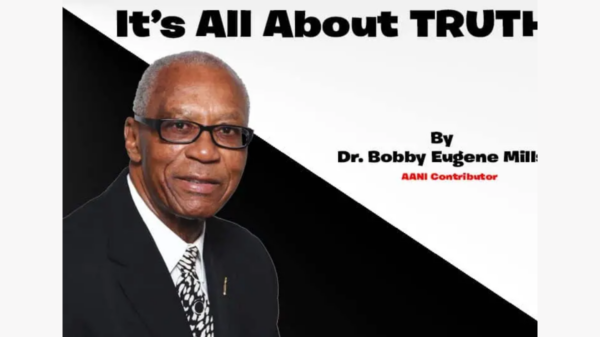
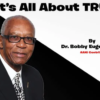


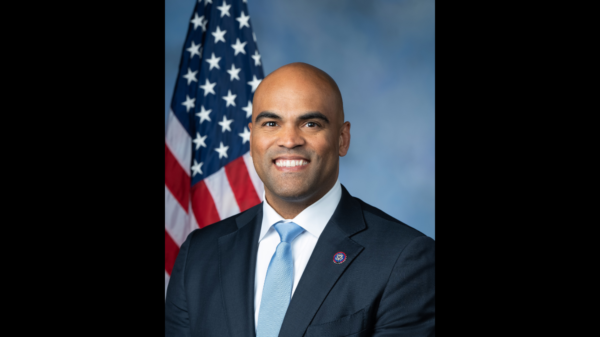
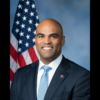
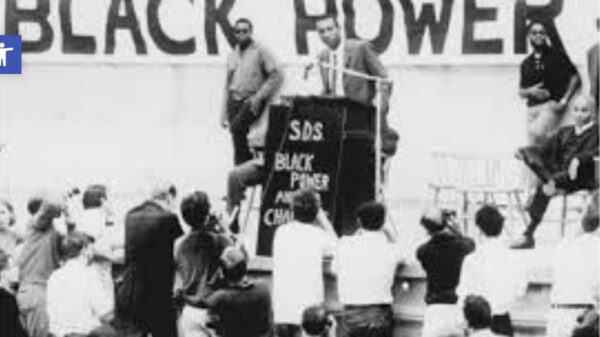

You must be logged in to post a comment Login